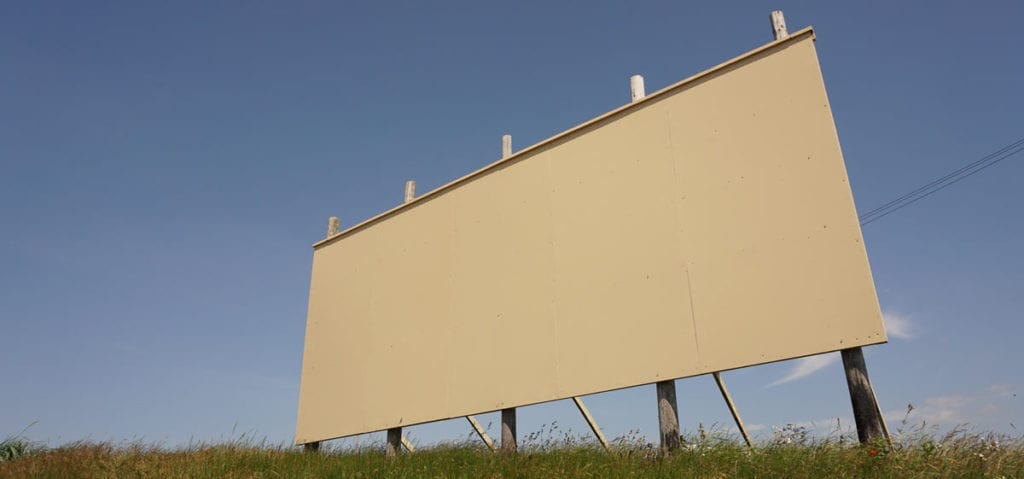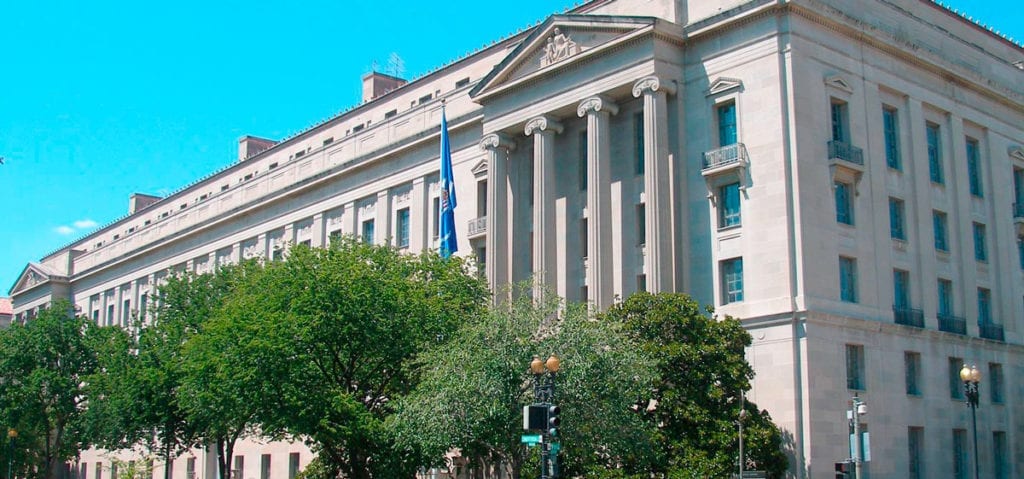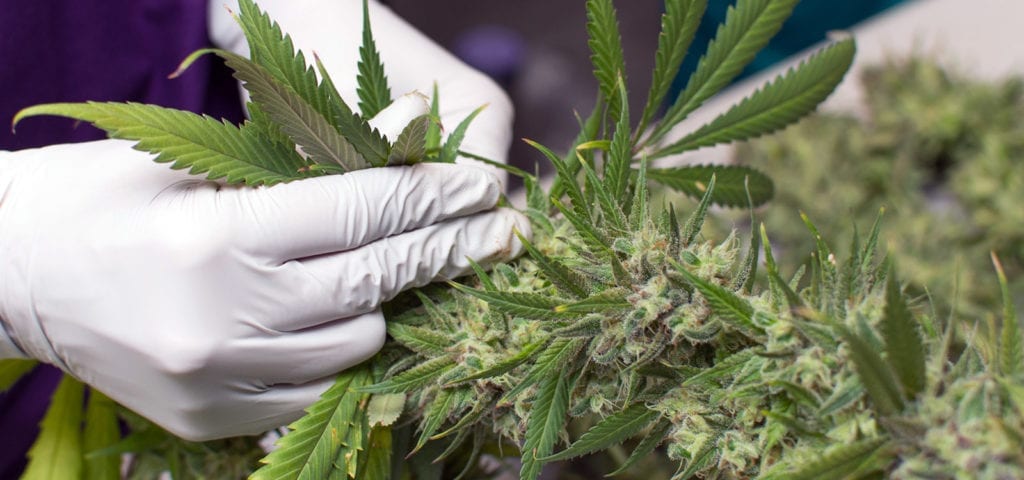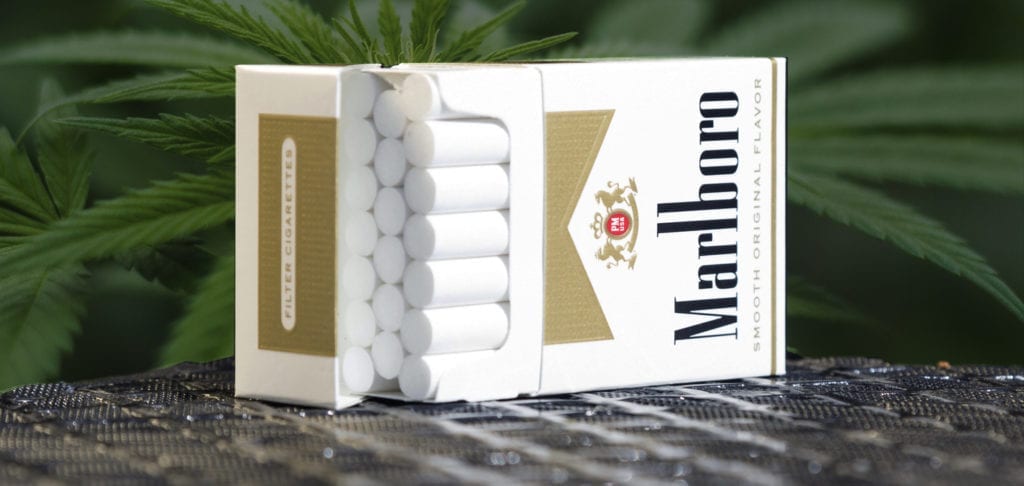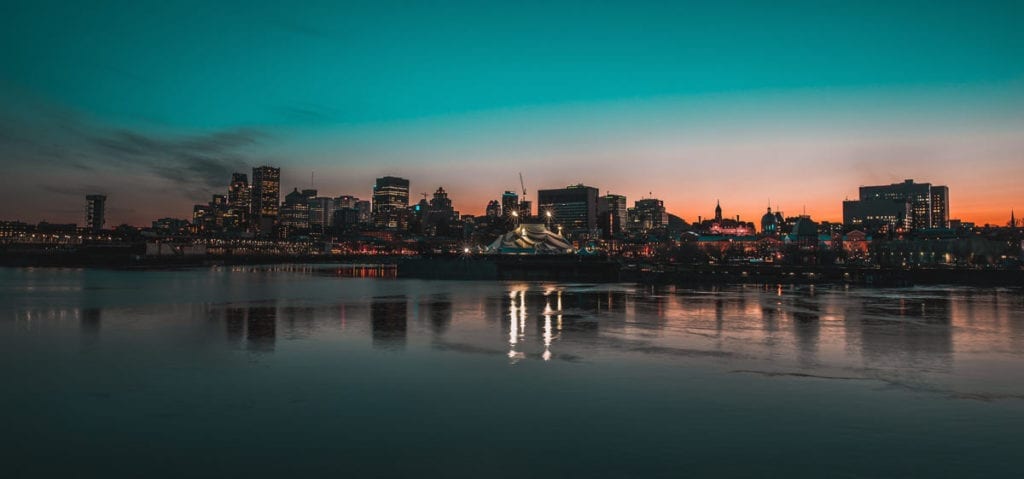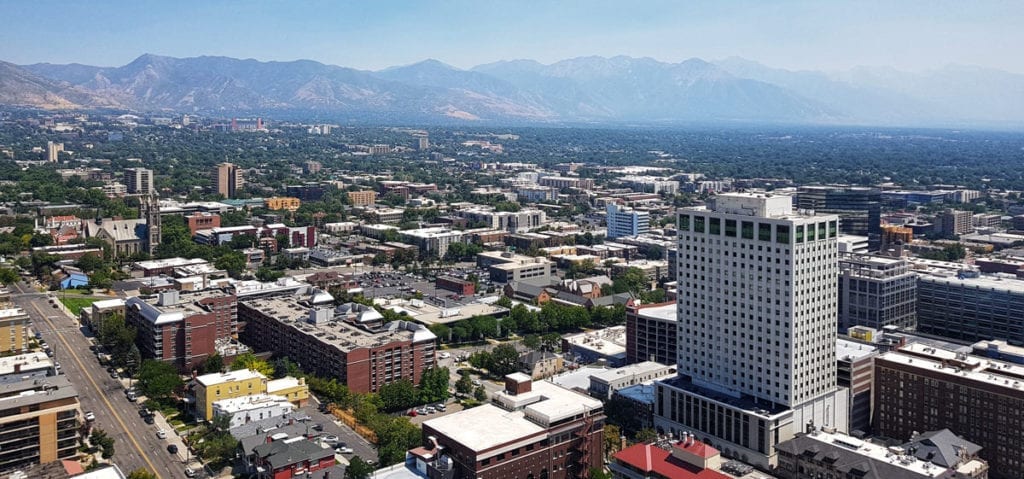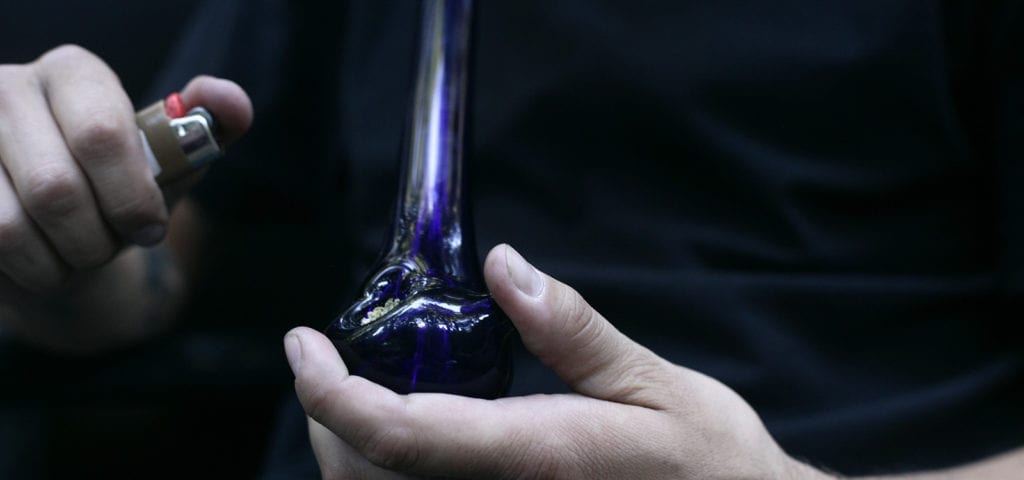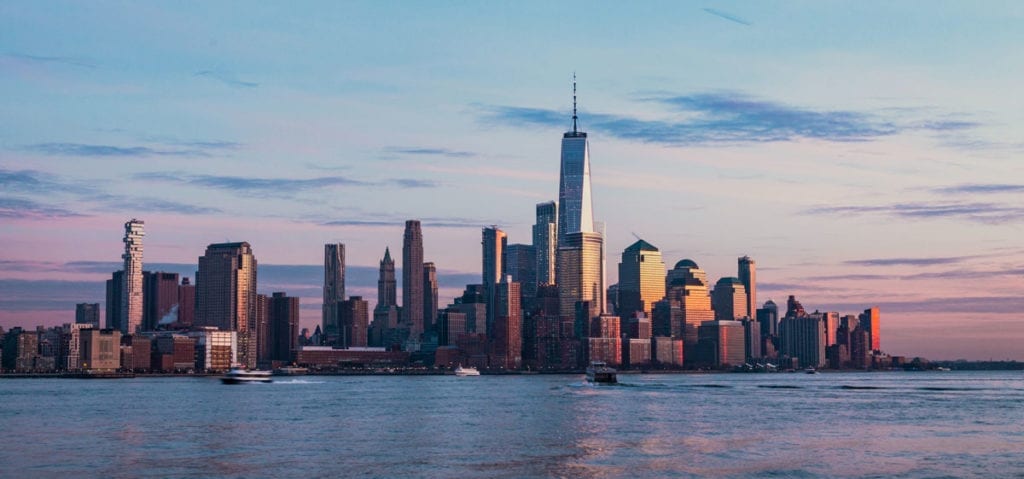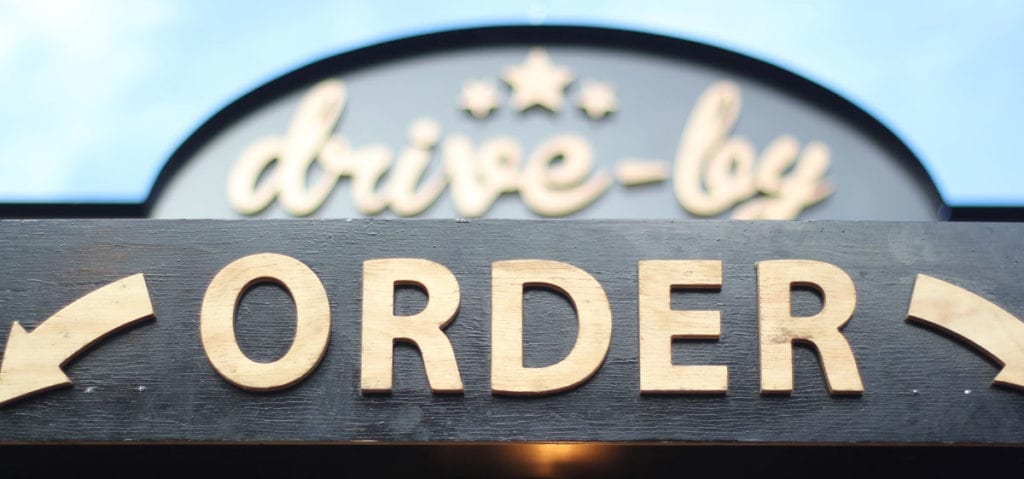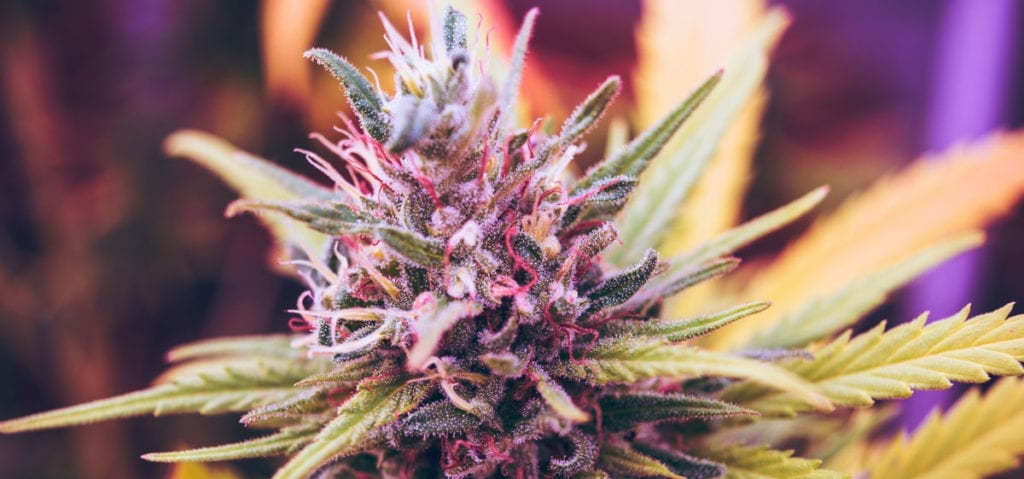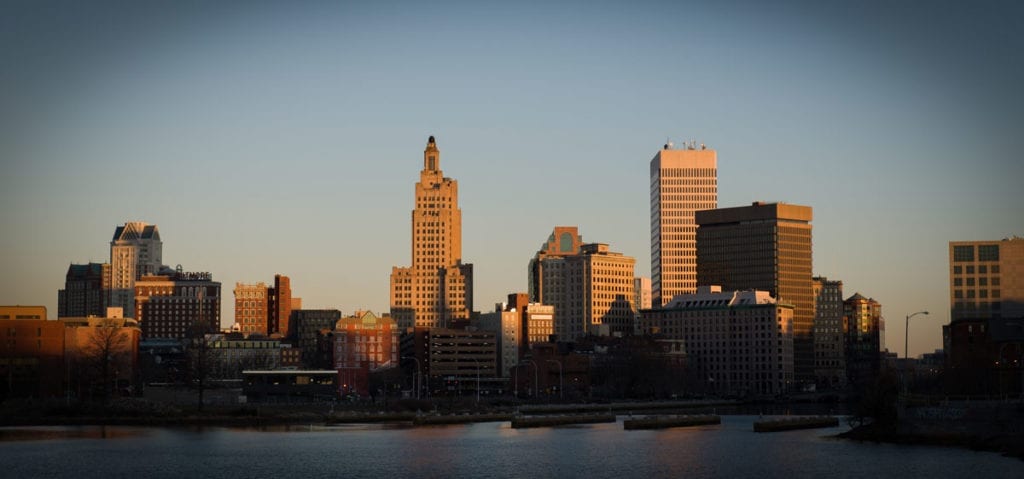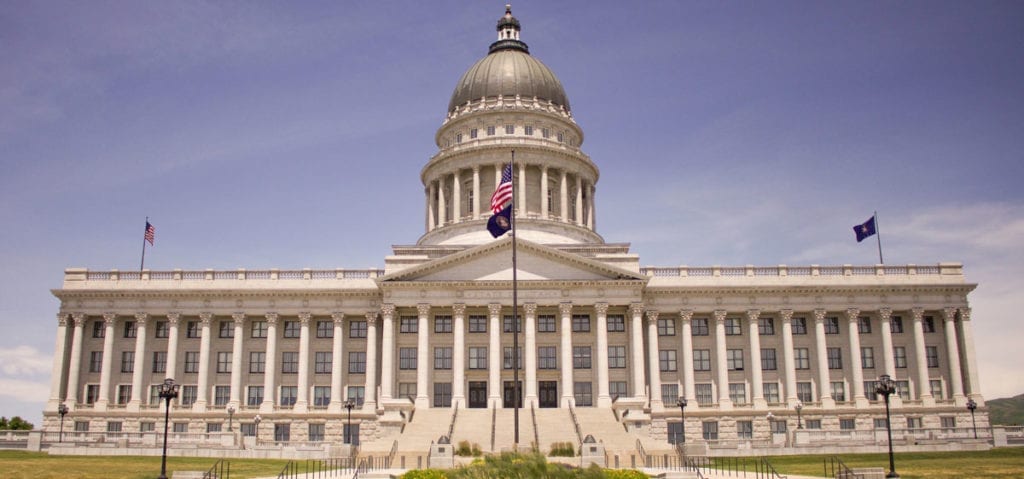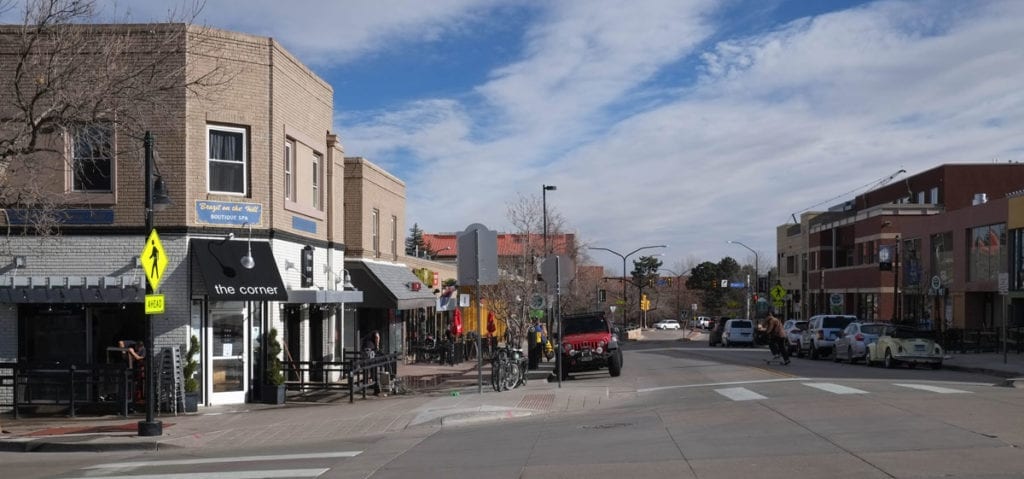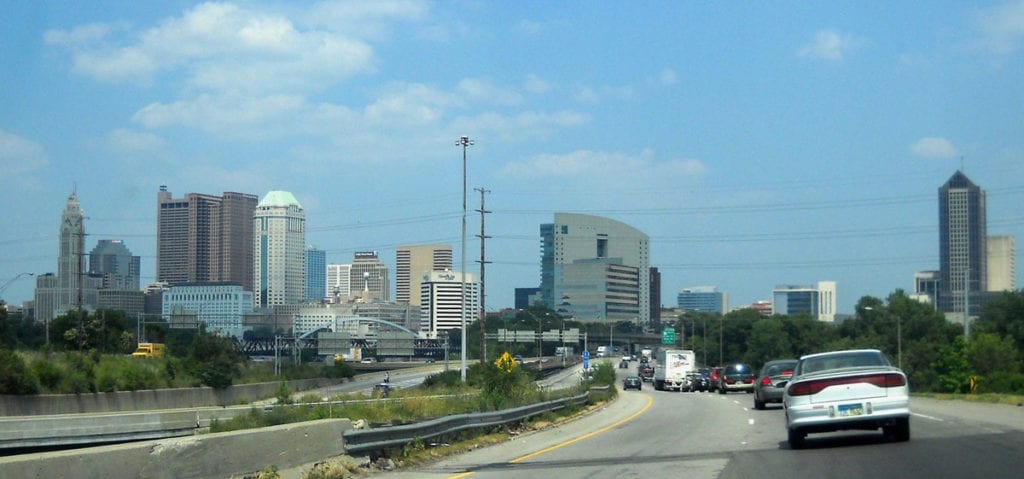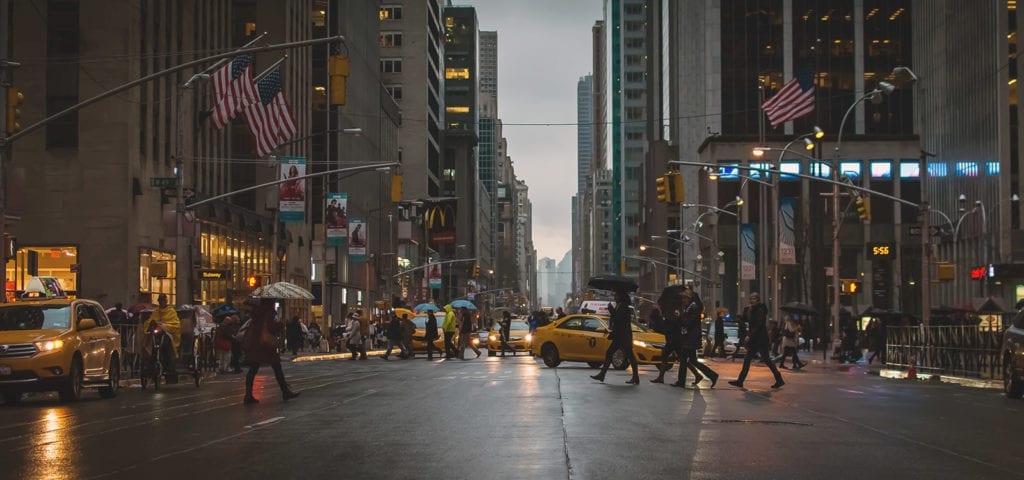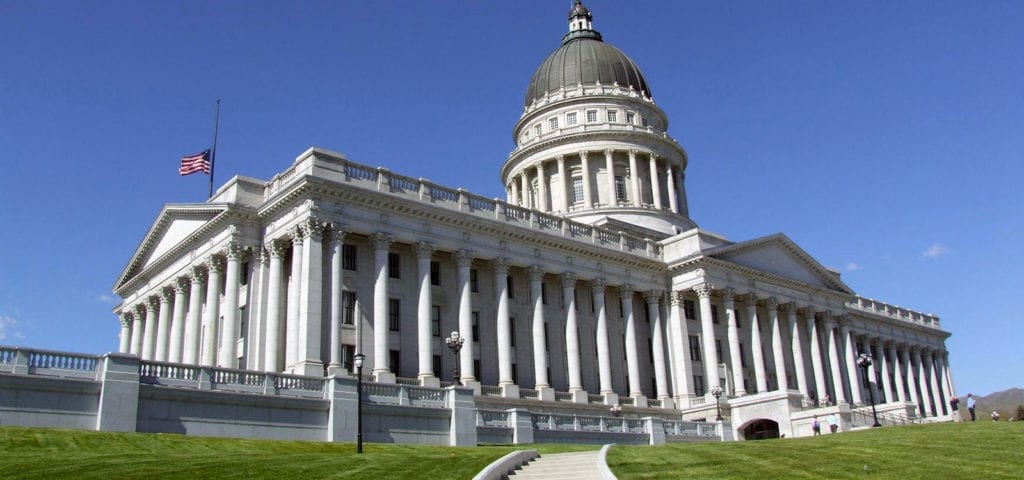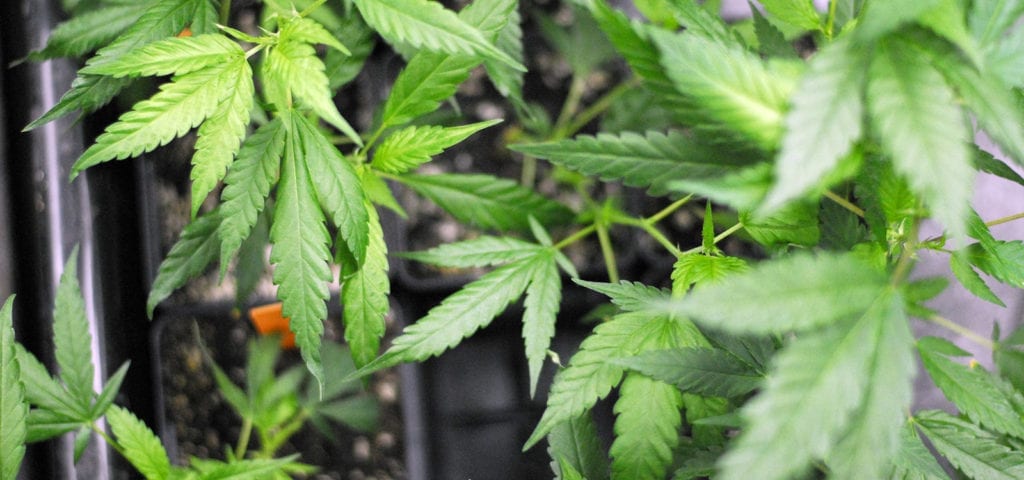Last Thursday, Maryland’s Medical Cannabis Commission voted unanimously to ban billboard, TV, radio, and most online advertising for cannabis in the state, The Baltimore Sun reports.
Cannabis trade associations and other cannabis firm representatives said they will fight the move in the Maryland legislature in the 2019 session.
The rules, which technically still allow for some advertising, require jumping through hoops so difficult that many say it’s effectively a complete ban on advertising. For instance, any online ad must be preceded by an age gate — meaning that many Internet advertising platforms will be out of reach, as they are hosted and coordinated by third parties like Google and don’t have the possibility of an easy gate.
“This a total ban on advertising. Social media is our only source. How do we communicate with anyone when Instagram is shutting down every cannabis-related account there?” — Mackie Barch, Chairman of the Maryland Wholesale Medical Cannabis Trade Association, to The Baltimore Sun
Cannabis industry advocates say the new rules squash competition and make it impossible for new cannabis companies to expand their business.
Some have attributed the ban to concerns from just two lawmakers over a single incident involving a billboard on Maryland Route 50 that depicted Adam and Eve smoking a joint. Regulators, however, claim the changes were made to align medical cannabis advertising rules with the rules already in place for tobacco.
Many were surprised by the rule change, which came shortly after a period of public testimony on the issue. Nearly everyone who testified — including the Attorney General’s office — were hesitant to support the ban and asked the commission to take its time in considering the issue.
The final step is a review by the state Attorney General office, though some industry advocates are holding out hope for interference from Maryland‘s General Assembly.
It’s unclear when exactly the rules would take effect.
End
